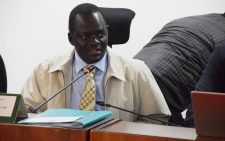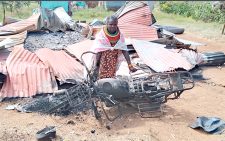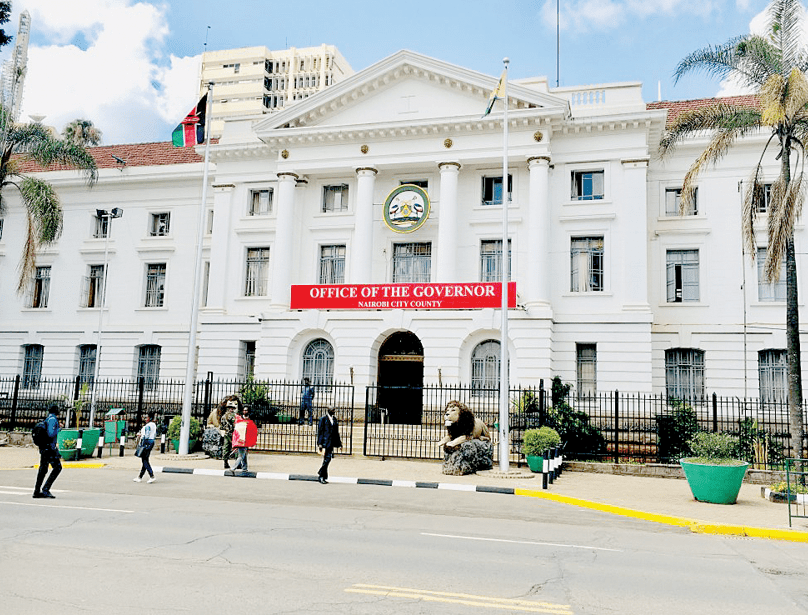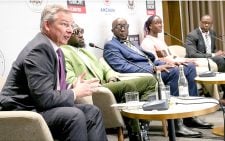Mulling a world without scourge that is cancer
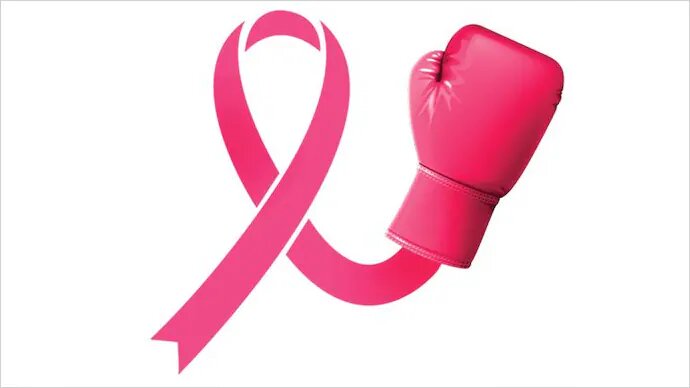
Emergence of the Covid-19 pandemic at the start of 2020 seems to have overshadowed many other challenges facing mankind.
More so, the pandemic has relegated hitherto grave diseases and health problems to neglected status. Maybe it is due to the speed at which the coronavirus kills that made the world panic and put everything else aside to eradicate it.
Celebration to mark the annual World Cancer Day to be held on February 4 serves to remind both professionals and authorities across the health ecosystem of one of the deadliest diseases that, if not curbed conclusively, will ultimately be twice as devastating to mankind as the coronavirus.
Indeed, this year’s (2022-2024) theme ‘Close the Care Gap,’ aims at mobilising and empowering everyone in tackling the cancer scourge globally.
Cancer statistics are dire worldwide. According to the International Agency for Research on Cancer (IARC), there were 18.1 million new cases and 9.5 million cancer-related deaths worldwide in 2018. By 2040, the number of new cancer cases per year is expected to rise to 29.5 million and the number of cancer-related deaths to 16.4 million.
Ironically, the IARC says cancer rates are highest in countries whose populations have the highest life expectancy, education level and standard of living.
But for some cancer types, such as cervical cancer, the reverse is true, and the incidence rate is highest in countries in which the population ranks low on these socio-economic parameters.
Oftentimes, affluence predisposes people to consumption of foods with cancer causing properties, particularly those with high fat, sugar and preservative contents. These chemicals interact adversely with the body’s cells, which creates life threatening malignancy.
In addition to natural and hereditary factors, there is an emerging school of thought that blames environmental factors for the scourge. Top of these are proven risks, where an increased incidence of cancer has clearly been associated with exposure to a known carcinogen.
This includes both active and passive tobacco smoking, air pollution, drinking alcohol and excessive exposure to some toxic chemicals.
The 2021 theme is about individual responsibility as data shows approximately one third of deaths from cancer are due to the five leading behavioural and dietary risks: high body mass index, low fruit and vegetable intake, lack of physical activity, tobacco use and alcohol use.
After the urgency with which several vaccines against Covid-19 have been developed, questions are being raised why such genius is yet to be deployed in the search for immunizations against cancer, at least targeting predominant ones like lung, breast, colorectal, prostrate and stomach.
Analysts have attributed the status quo to the fact that about 70 per cent of deaths from cancer occur in low-and middle-income countries. This is an interesting state of affairs because the scenario has been reversed with the coronavirus where the same percentage of deaths is being recorded in the developed world.
Curbing the spiraling of a cancer-driven health disaster will require radical shifts in consumption patterns. Excessive consumption of artificial sugars, particularly in fizzy drinks, and transient fats in animal products and deep-fried foods, is a major culprit. It is claimed that cancer cells thrive best in environments rich in processed foods.
The above strategy involves mapping out cancers that have the highest rates, and then identifying the specific elements or factors leading to the disease. But for this to be effective, it should be accompanied by a heavy dose of behavior change.
For the last seven years, this was anchored in the WHO Global NCD Action Plan 2013-2020 roadmap that proposed policy options for member States and global partners targeting to minimize nine global NCDs by 2025, which include cancer.
Even as the world’s focus is currently directed at subduing the coronavirus, players in the health sector need to reignite the conversation against cancer, lest the undercurrent sweeps humanity away.
— The writer is a PhD candidate in International Relations


